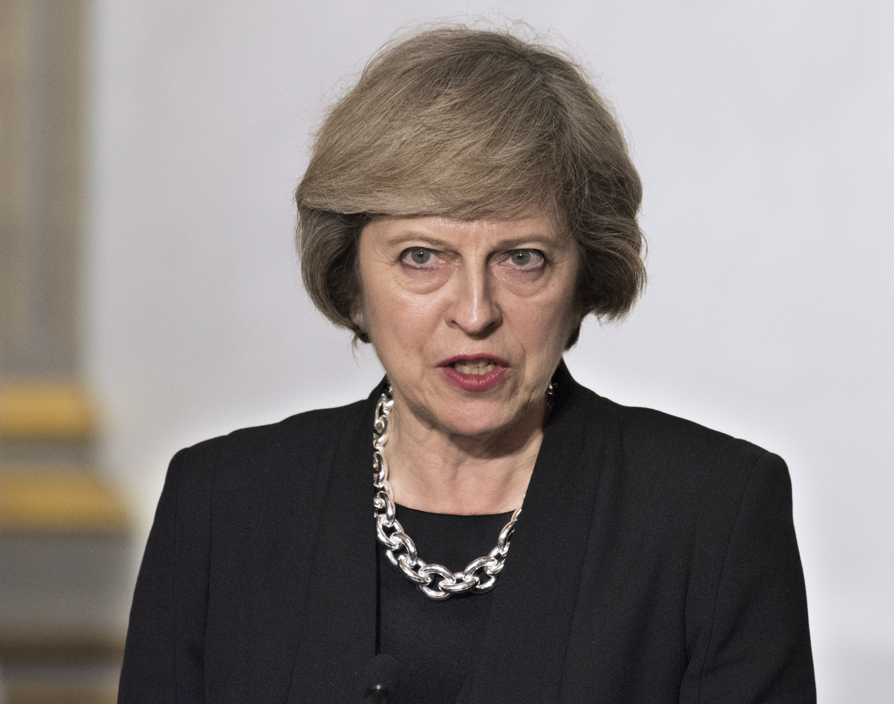Photo credit: Frederic Legrand – COMEO/Shutterstock.com
After months of wondering what “Brexit means Brexit” really means, Theresa May has finally delivered a definite answer. In a speech on Tuesday, the prime minister outlined how Britain’s divorce from the EU is increasingly looking like a hard Brexit.
In 12 points, ranging from taking control of the British borders to leaving the single market, May stated that the UK would seek a clean break from the EU and not go for a partial membership, an associate membership “or anything that leaves us half-in, half-out.”
Even though the prime minister stated that the government will pursue a free trade deal, she was adamant that what she was proposing “cannot mean membership of the single market” as this would mean accepting the rule of European law “without having a vote on what those rules and regulations are”. The UK will also look to make new deals with other countries around the world. “I want us to be a truly global Britain – the best friend and neighbour to our European partners – but a country that reaches beyond the borders of Europe too,” said May.
Other key points highlighted by the prime minster include ending the jurisdiction of the European Court, maintaining a common travel area between Northern Ireland and the Republic of Ireland, protecting workers’ rights and maintaining cooperation with European partners in scientific and counterterrorism efforts. May also confirmed that both houses of parliament will be able to vote on the final deal before it’s signed.
Since the referendum, the prime minister has said that immigration is at the top of her agenda and that European citizens would be welcome to live and work in the UK. “We want to guarantee the rights of EU citizens who are already living in Britain and the rights of British nationals in other member states as early as we can,” she said.
That being said, she didn’t confirm that EU nationals would be able to stay in the UK after Brexit, something that Peter Cheese, chief executive of the CIPD, the professional body for HR and people development, said was “disappointing”. Cheese also stated that this must be “an immediate priority in the negotiations to come.”
Russ Shaw, founder of Tech London Advocates, the group promoting tech and innovation in the capital, went so far as to state that May’s “vague and regressive immigration commitments along with its lack of investment in digital skills for home-grown talent” will put “our economic growth at stake to advance short-term political motives”.
However, many from the business community welcomed the prime minister’s plan. “Business leaders will be heartened by the prime minister’s strong argument for the value of free trade, an argument currently being made by all too few global leaders,“ said Allie Renison, head of Europe and trade policy at the Institute of Directors, the organisation supporting business leaders.
“The benign limbo is over,” said David Lamb, head of dealing at FEXCO Corporate Payments, the money transfer and payment company. “Emollient though it was, the prime minister’s speech left no room for doubt – Brexit will be hard and total.”
Following the speech, the sterling rose from its Monday slump by almost 3%, hitting $1.2397. However, Lamb warned that the pound is “more exposed than before” because May has said that she won’t be providing a running commentary on the Brexit negotiations as they happen. This, he said, would leave the pound “even more at the mercy of rumours and skittishness than before.”
May’s speech certainly delivered a mixed bag of reactions from the business community but it is encouraging that the prime minister has at last delivered a plan to which startups can now adjust themselves to. ![]()
Share via:








































